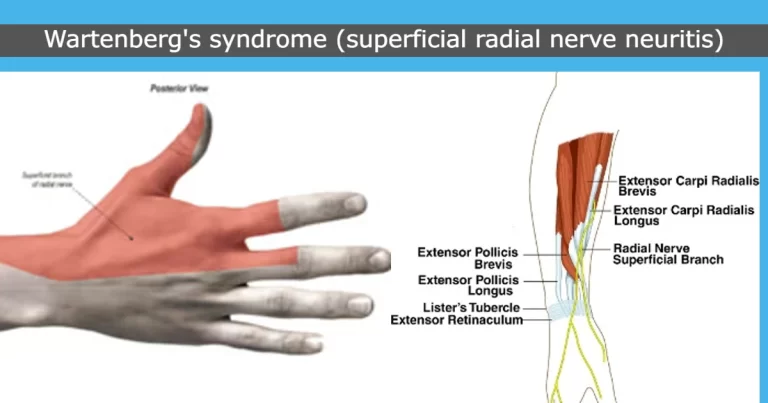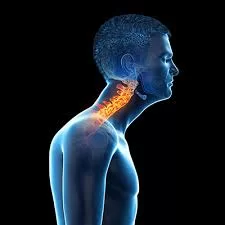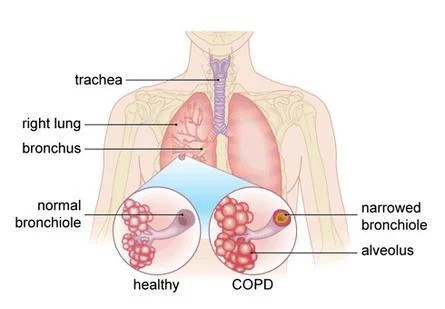Pneumonia
What is pneumonia? Pneumonia is an infection of 1 or both of the lungs caused by bacteria, viruses, or fungi. It is a consequential infection in which the air sacs fill with pus & another liquid. What are the symptoms of pneumonia? The symptoms of bacterial pneumonia include: Before symptoms of viral pneumonia are the…









